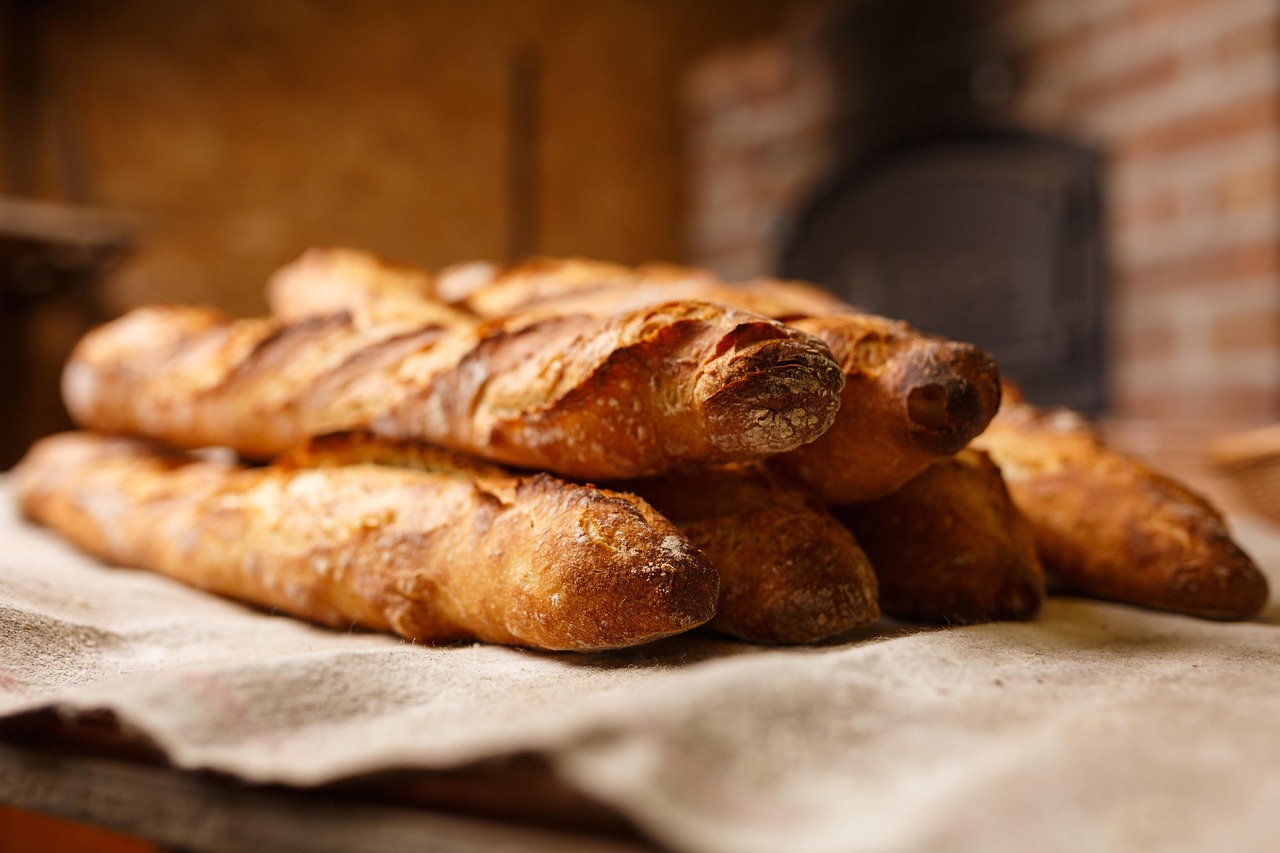Unless the sky is falling on my head, I use organic flour.
So, what’s the big deal about organic flour?
- Organic flour is made from wheat grown without synthetic pesticides, herbicides, or fertilizers, and is usually unbleached. It is known that organic flour retains more of its natural nutrients, including vitamins, minerals, and antioxidants, because of less intensive processing and healthier soil conditions.
- The wheat is cultivated using sustainable farming methods that prioritize soil health and biodiversity. This means not only that synthetic chemicals are not used, but also that natural techniques are employed to maintain soil fertility and protect ecosystems. Organic farming practices are generally regarded as more environmentally friendly, as they promote biodiversity and reduce the environmental footprint of agriculture.
- Organic flour is minimally processed and also free from artificial additives and GMOs.
- Overall, people who prefer bread made with organic flour find its flavor more appealing than that of bread made with conventional flour. Many bakers choose organic flour because it can produce a richer, more complex flavor in baked goods. The absence of chemical additives and bleaching agents allows the natural wheat flavor to shine through, and every variety of wheat has a unique flavor that adds to the result.
I love the flavor, and I’ve noticed a considerable difference in how I feel. I can’t speak for everyone, but I don’t get heartburn if I eat products made with organic flour. Many people may mistakenly believe they have a gluten issue when it may actually be an issue with the folic acid sprayed on crops, or they’re eating products made with cheap flour containing genetically modified wheat grains whose components break down and digest in the wrong part of the digestive tract. Healing your insides doesn’t happen overnight, but making the switch to organic ingredients where possible is a tremendous help to your health.


Comments ()